Spotlight Delaware is a community-powered, collaborative, nonprofit newsroom covering the First State. Learn more at spotlightdelaware.org).
A fight between state and local officials over control of land use decisions could continue on a new battleground as Gov. Matt Meyer says he will push localities to allow denser types of housing in many areas of the state.
Meyer told Spotlight Delaware last week that he may do so in order to help solve what he said is Delaware’s affordable housing crisis. He said he is willing to force uncooperative local officials to “act in a way that delivers the housing and shelter needs to Delawareans.”
“Because right now, that’s clearly not happening,” Meyer said.
Meyer’s assertion comes three months after an acrimonious debate among lawmakers over state control of land use decisions nearly derailed the legislature’s approval of Delaware’s capital budget.
Amid that debate in June, the Delaware League of Local Governments sent a letter to the General Assembly urging lawmakers to protect the authority of municipalities in land use decisions after a group of proposed bills aimed to strip local governments of some of that authority.
Now, some feel Meyer’s proposal follows a trend toward the state seizing control of land use decisions that typically fall under the authority of cities and counties.
 Gov. Matt Meyer | SPOTLIGHT DELAWARE PHOTO BY JACOB OWENS
Gov. Matt Meyer | SPOTLIGHT DELAWARE PHOTO BY JACOB OWENS“His definition of collaboration is, ‘Do what I’m telling you or I’ll make you do it,’ whereas the approach needs to be to explain the why,” Clayton Mayor Nick Smith said.
Smith also serves as the president of the Delaware League of Local Governments.
Still, others feel that Meyer’s push for more affordable housing is a necessary step to address an oncoming crisis.
New Castle County Councilman Penrose Hollins, who has dedicated his political career to finding affordable housing solutions, said he “applauds” Meyer for his efforts.
“Every family who wants to have a house in Delaware should be able to get that house,” Hollins said.
A collaborative opportunity?
Despite his stern words, Meyer does not think he will actually need to strip local governments of land use authority, because he has a plan to work collaboratively to get affordable housing built.
Among the most commonly cited barriers to building more affordable housing is restrictive land use laws that do not allow developers to build the kinds of smaller, denser housing developments that are typically more affordable.
These laws make it difficult for developers to build anything except spread-out single family homes that are too expensive for working Delawareans, Delaware State Housing Authority Director Matthew Heckles said. He said those spaced-out, single-family homes serve retirees or well-off workers from out of state.
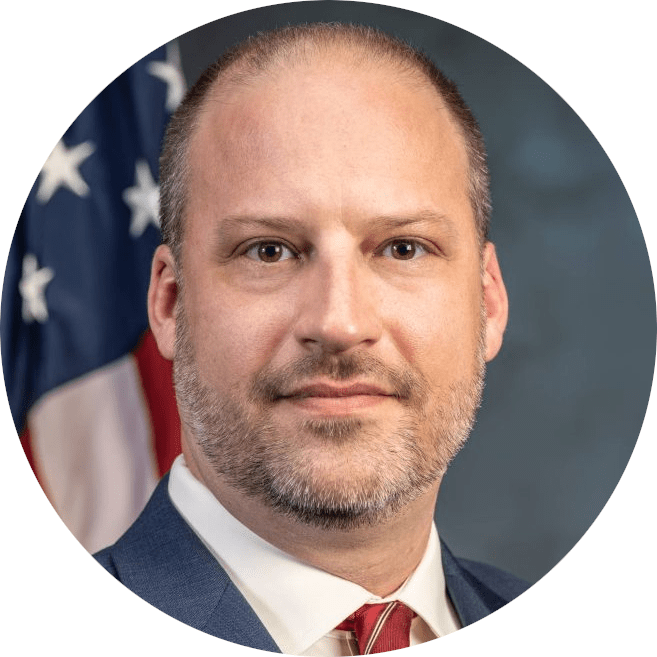
But that is “not housing that is serving working families here in Delaware,” Heckles said.
In response to this trend, Meyer recently signed a bill directing the Delaware State Housing Authority to create a pilot program that will provide free technical assistance to municipalities interested in allowing more affordable housing in their zoning and land-use codes.
As part of the pilot program, the state will provide a “menu” of land use reforms for counties and municipalities to choose from. Among the options are allowing manufactured homes in single-family residential zones, or reducing required lot sizes and increasing height restrictions to allow taller, tightly packed multifamily developments.
Applications for the pilot program are due Oct. 31.
Meyer said that if local governments do not make zoning changes through this program or on their own, he may require them to allow a certain number of affordable housing units in areas where the state says they are needed, such as near the Delaware beaches.
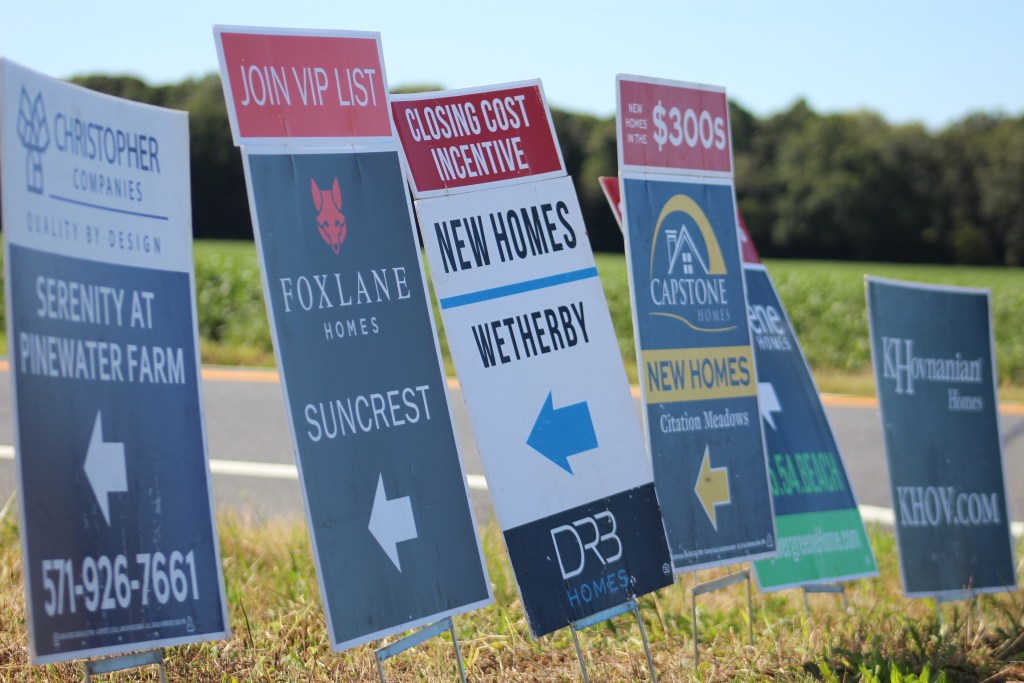 Signs for new homes cluster beside what was once a rural road in Sussex County. | SPOTLIGHT DELAWARE PHOTO BY OLIVIA MARBLE
Signs for new homes cluster beside what was once a rural road in Sussex County. | SPOTLIGHT DELAWARE PHOTO BY OLIVIA MARBLEMeyer said there is no deadline for local governments to begin changing rules to allow more affordable housing, because they have seemed enthusiastic about participating in the pilot program.
“All indications are that it’s going to work,” Meyer said.
Focus on Sussex County
Meyer said while there is a shortage of affordable housing in the entire state, the problem is “particularly acute” in Sussex County.
“You have workers that, with their level of wages, it’s hard for them to live within 45 minutes of where they work,” Meyer said.
The southernmost county, home to the state’s popular beaches, has been the site of a recent development boom. More than 13,000 homes have been built in Sussex County over the past five years, bringing an increase of more than 32,000 residents, the county council said in February.
But most of those new homes have been single-family houses that are too expensive for many low and middle-income workers to buy.
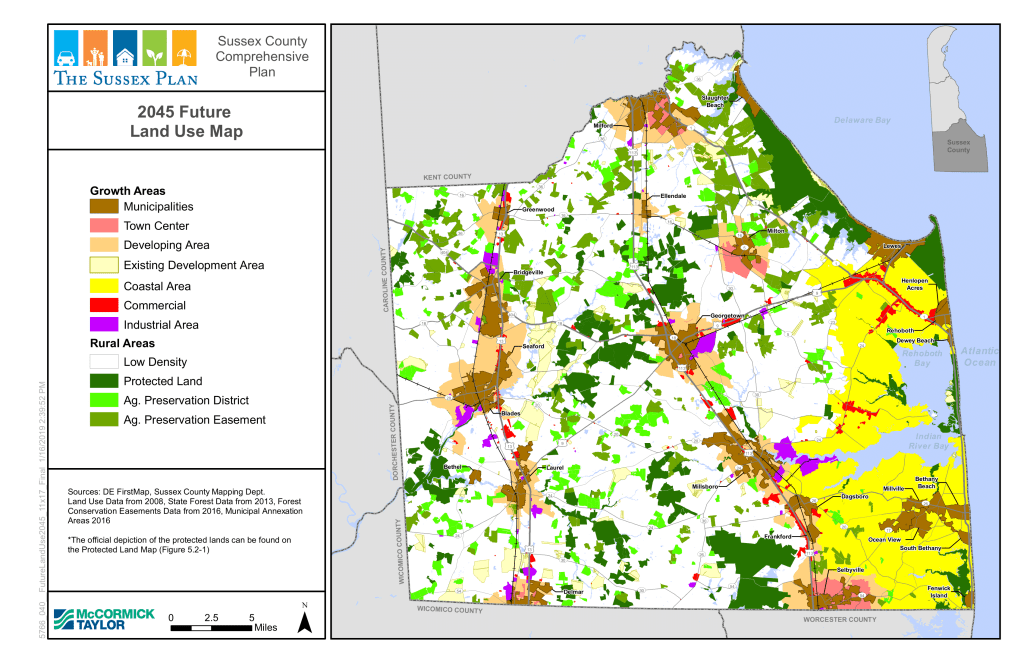 A map from Sussex County’s comprehensive plan shows where new housing developments are allowed. | MAP COURTESY OF SUSSEX COUNTY
A map from Sussex County’s comprehensive plan shows where new housing developments are allowed. | MAP COURTESY OF SUSSEX COUNTYSussex County Administrator Todd Lawson said the county is already working to make it easier to build affordable housing. Still, he said the county also will apply for the pilot program to get additional state support.
“We believe that if we work together, we’re able to see improvements much quicker and hopefully with greater impact,” he said.
When asked about the state potentially imposing a minimum requirement of affordable housing, Lawson said he appreciates Meyer’s “enthusiasm to help.”
He also said he hopes to see that same enthusiasm for funding projects that will make Meyer’s affordable housing goals a reality.
Sussex County Council Vice President John Rieley said affordable housing is one of his top priorities, but he believes local officials are better equipped to help their communities than the state.
“Someone in Dover or Wilmington won’t have the same knowledge of local conditions and needs that we have here, locally,” Rieley said in a text message.
Sussex County Councilwoman Jane Gruenebaum said she supports efforts to create more affordable housing because it is “desperately needed” in the county, but she thinks Sussex County is already working to address the shortage.
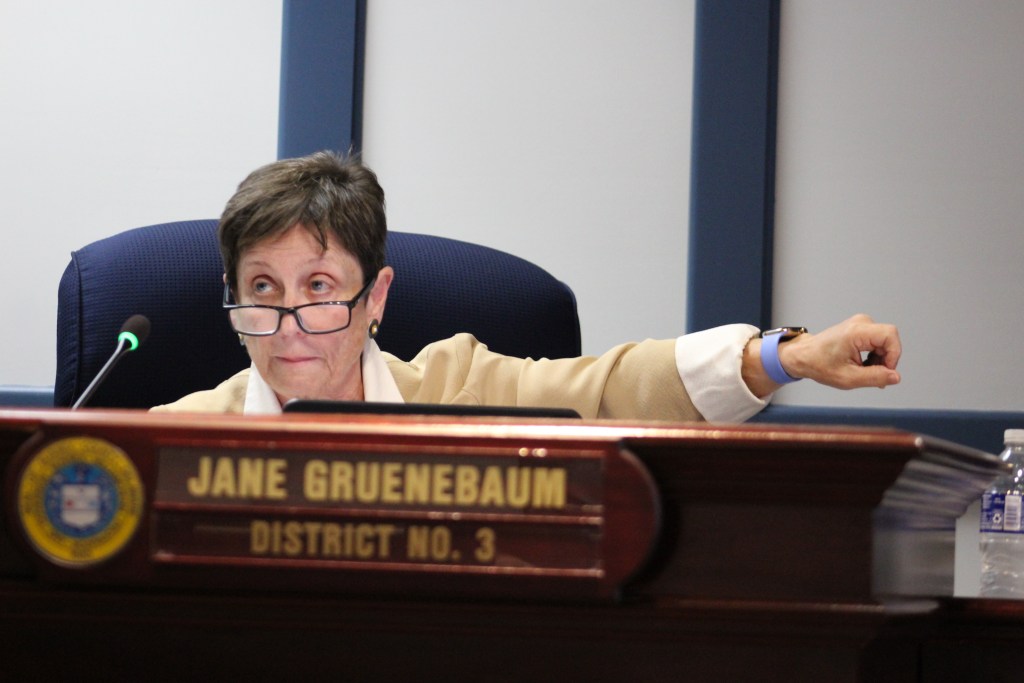 Sussex County Councilwoman Jane Gruenebaum said that she shared the desire for more affordable housing in Delaware. | SPOTLIGHT PHOTO BY OLIVIA MARBLE
Sussex County Councilwoman Jane Gruenebaum said that she shared the desire for more affordable housing in Delaware. | SPOTLIGHT PHOTO BY OLIVIA MARBLEGruenebaum characterized Meyer’s statement that he could impose an affordable housing quota as a “veiled threat,” but said she understood why he wants to put pressure on local governments.
No other Sussex County councilperson responded to requests for comment.
Georgetown Mayor and Delaware League of Local Governments Vice President Bill West said he strongly opposes state interference in local land use, but he does not think Meyer will impose that minimum quota since he is already working to allow more affordable housing.
As examples, West pointed to a tiny home project in his town, and said his administration is working to allow denser housing developments.
“I think if the governor came down and saw what we’re trying to do, he’d be pleased,” West said.
An ‘unmeetable paper goal?’
Smith, the mayor of Clayton, said Meyer’s administration should try to explain the importance of affordable housing to local officials rather than imposing any minimum quota.
He said what works in one area might not work in another.
“You can’t paint it with such a broad brush,” Smith said.
New Castle County Councilman Dave Carter agreed, saying any minimum could be an “unmeetable paper goal” that does not take into account the many obstacles developers face in building affordable housing.
He pointed to impact fees, which are used to fund schools, roads and other services, as one of the main reasons why it is expensive to build a house in Delaware.
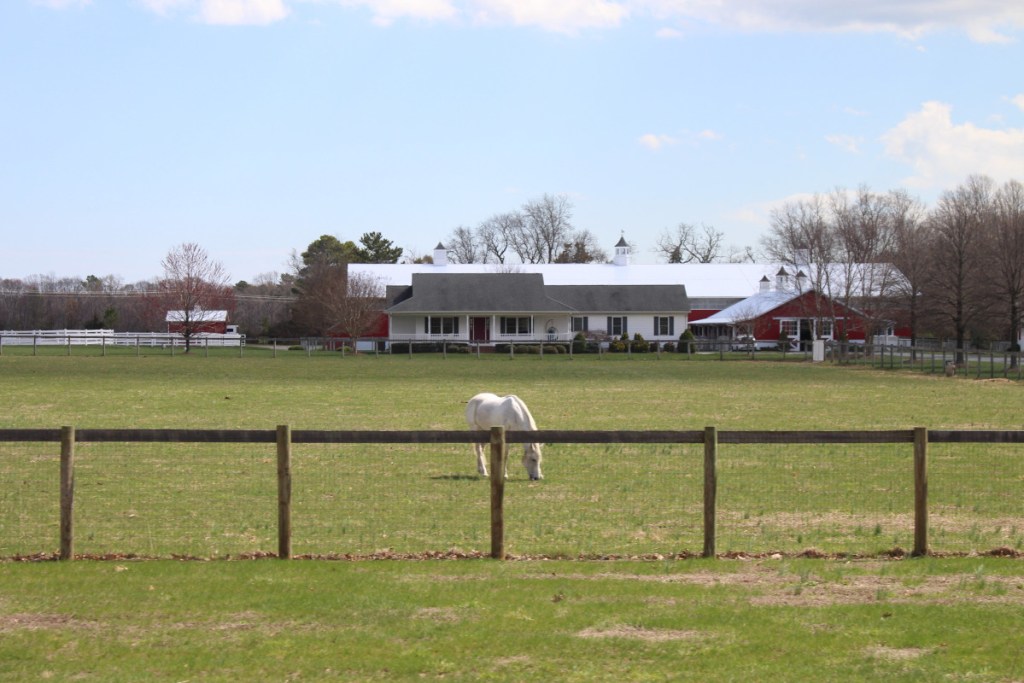 The Belle Mead farm off Route 24 near Lewes in Sussex County | SPOTLIGHT DELAWARE PHOTO BY JACOB OWENS
The Belle Mead farm off Route 24 near Lewes in Sussex County | SPOTLIGHT DELAWARE PHOTO BY JACOB OWENSFor example, the proposed Belle Mead housing and retail development in Sussex County will pay about $5 million in traffic and sewer impact fees, according to a presentation to County Council from the developer.
Those costs are often passed onto the homebuyer or renter, Carter said.
Carter said imposing a minimum number of affordable housing units for an area would be politically beneficial to Meyer, but would not solve the problem.
“It’s easy to require them [affordable housing units]. It’s another thing to have an innovative and well-funded enough program to actually make it realistic to build them,” Carter said.

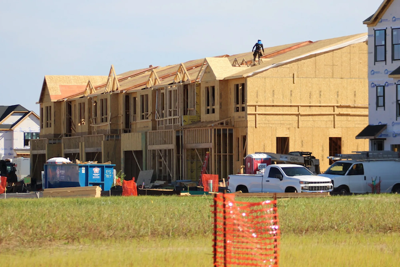
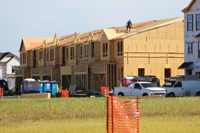








(0) comments
Welcome to the discussion.
Log In
Keep it Clean. Please avoid obscene, vulgar, lewd, racist or sexually-oriented language.
PLEASE TURN OFF YOUR CAPS LOCK.
Don't Threaten. Threats of harming another person will not be tolerated.
Be Truthful. Don't knowingly lie about anyone or anything.
Be Nice. No racism, sexism or any sort of -ism that is degrading to another person.
Be Proactive. Use the 'Report' link on each comment to let us know of abusive posts.
Share with Us. We'd love to hear eyewitness accounts, the history behind an article.